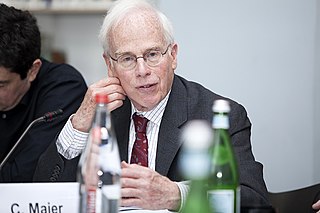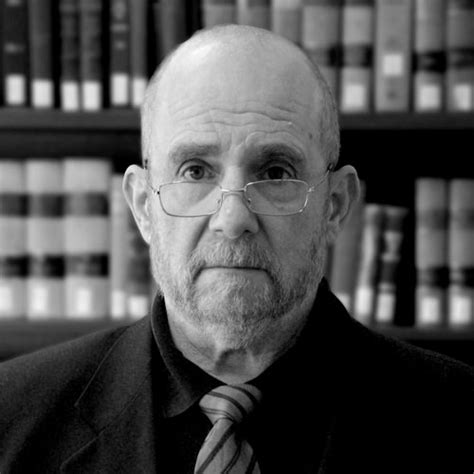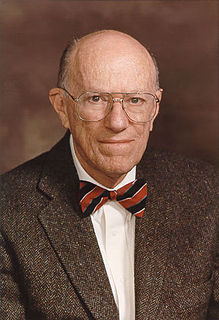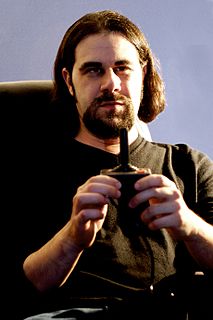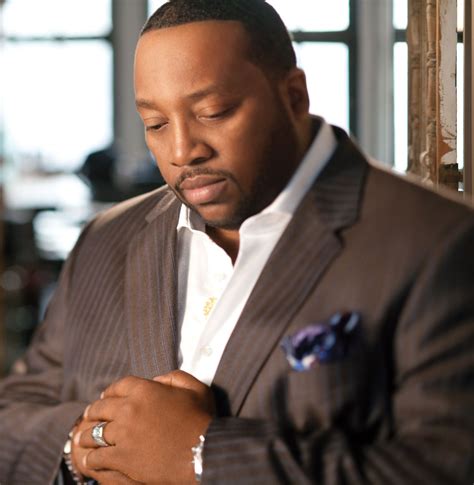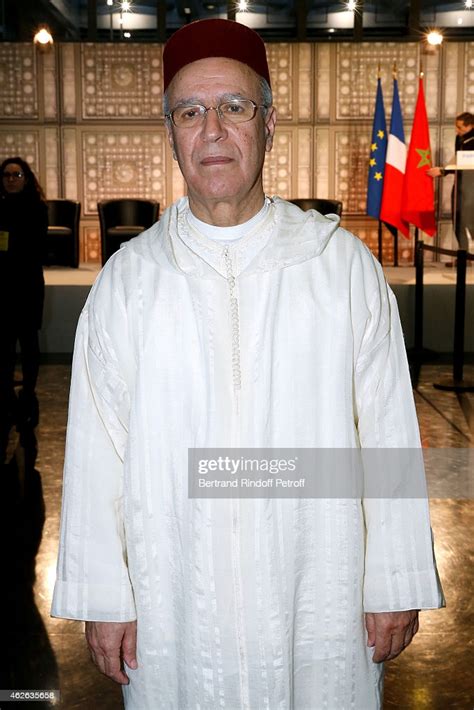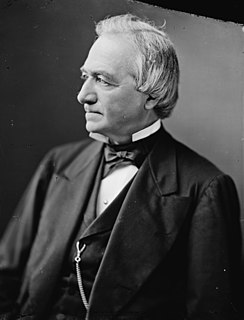Top 1200 Contemporary Society Quotes & Sayings - Page 3
Explore popular Contemporary Society quotes.
Last updated on November 15, 2024.
Given currency by Jrgen Habermas in the late l980s, 'constitutional patriotism' has emerged as an appealing principle for post-national political allegiance. Jan-Werner Mller traces the long postwar history of the concept, takes honest account of the conservative critiques it has provoked, but proposes that it can serve as a robust norm for European Union citizenship. This is a profound meditation with real importance for contemporary political society.
There is nothing more dangerous than to build a society with a large segment of people in that society who feel that they have no stake in it; who feel that that have nothing to lose. People who have stake in their society, protect that society, but when they don't have it, they unconsciously want to destroy it.
You grow up and recognise that in an educated, secular society, there's no excuse for ignorance. You have to recognise in yourself, and challenge yourself, that if you see racism or homophobia or misogyny in a secular society, as a member of that society, you should challenge it. You owe it to the betterment of society.
Michel Houllebecq is surely the novelist who best describes contemporary phobias and fears. He also succeeds perhaps like no other in portraying the postmodern character of our society. He addresses the possibilities of genetics at times, or Islamism, and infuses all of it with a certain amount of absurdity. I get a very strong sense of that in "Submission." The way he toys with the absurd makes him an author sui generis, one who stands out from the others.
If a poet has any obligation toward society, it is to write well. Being in the minority, he has no other choice. Failing this duty, he sinks into oblivion. Society, on the other hand, has no obligation toward the poet. A majority by definition, society thinks of itself as having other options than reading verses, no matter how well written. Its failure to do so results in its sinking to that level of locution at which society falls easy prey to a demagogue or a tyrant. This is society's own equivalent of oblivion.
The museum in D.C. is really a narrative museum - the nature of a people and how you represent that story. Whereas the Studio Museum is really a contemporary art museum that happens to be about the diaspora and a particular body of contemporary artists ignored by the mainstream. The Studio Museum has championed that and brought into the mainstream. So the museums are like brothers, but different.
Contemporary scholars have little explored the preconditions of genocide. Still less have they asked whether a society's weapons policy might be one of the institutional arrangements that contributes to the probability of its government engaging in some of the more extreme varieties of outrage. Though it is a long step between being disarmed and being murdered - one does not usually lead to the other - but it is nevertheless an arresting reality that not one of the principal genocides of the 20th century, and there have been dozens, has been inflicted on a population that was armed.
And if you look at society, the way it works, they are creating, from cradle to grave, left-brain prisoners. To advance in this society, you have to be good at passing exams in school, which are taking in left-brain information overwhelmingly. Then you go to the next level, and so on so that by the time you reach any level of significant influence in society or the institutions of society, you are fundamentally locked into your left brain. Or at least the majority of people are.
I have never said that human society ought to be aristocratic, but a great deal more than that. What I have said, and still believe with ever-increasing conviction, is that human society is always, whether it will or no, aristocratic by its very essence, to the extreme that it is a society in the measure that it is aristocratic, and ceases to be such when it ceases to be aristocratic. Of course I am speaking now of society and not of the State.
The truth of literature and art has always been granted (if it was granted at all) as one of a "higher" order, which should not and indeed did not disturb the order of business. What has changed in the contemporary period is the difference between the two orders and their truths. The absorbent power of society depletes the artistic dimension by assimilating its antagonistic contents. In the realm of culture, the new totalitarianism manifests itself precisely in a harmonizing pluralism, where the most contradictory works and truths peacefully coexist in indifference.
Also in contemporary Western society the union with the group is the prevalent way of overcoming separateness. It is a union which the individual self disappears to a large extent, and where the aim is to belong to the heard. If I am like everybody else, if I have no feeling or thoughts which make me different, if I conform in custom, dress, ideas, to the pattern of the group, I am saved: saved from the frightening experience of aloneness.
In a society where all are related, simple decisions require the approval of nearly everyone in that society. It is society as a whole, not merely a part of it, that must survive. This is the indigenous understanding. It is the understanding in a global sense. We are all indigenous people on this planet, and we have to reorganize to get along.
Our contemporary Western society, in spite of its material, intellectual and political progress, is increasingly less conducive to mental health, and tends to undermine the inner security, happiness, reason and the capacity for love in the individual; it tends to turn him into an automaton who pays for his human failure with increasing mental sickness, and with despair hidden under a frantic drive for work and so called pleasure.
You grow up and recognize that in any educated secular society, there's no excuse for ignorance. You have to recognize in yourself, and challenge yourself, that if you see racism or homophobia or misogyny in a secular society, as a member of that society, you should challenge it. You owe it to the betterment of society.
The society wants you to have beautiful personalities; the society wants you to have personalities which are comfortable for the society, convenient for the society. But the person is not the real thing, the individual is the real thing. The individual is not necessarily always comfortable to the society - in fact he is very inconvenient.
In contemporary society secular humanism has been singled out by critics and proponents alike as a position sharply distinguishable from any religious formulation. Religious fundamentalists in the United States have waged a campaign against secular humanism, claiming that it is a rival "religion" and seeking to root it out from American public life. Secular humanism is avowedly non-religious. It is a eupraxsophy (good practical wisdom), which draws its basic principles and ethical values from science, ethics, and philosophy.
Never did I think that the university was properly ministerial to the society around it. Rather I thought and think that society is ministerial to the university, and I bless a society that tolerates and supports an eternal childhood for some, a childhood whose playfulness can in turn be a blessing to society.
To believe that man's aggressiveness or territoriality is in the nature of the beast is to mistake some men for all men, contemporary society for all possible societies, and, by a remarkable transformation, to justify what is as what needs must be; social repression becomes a response to, rather than a cause of, human violence. Pessimism about man serves to maintain the status quo. It is a luxury for the affluent, a sop to the guilt of the politically inactive, a comfort to those who continue to enjoy the amenities of privilege.
During the last 35 years, the artists multiplied, the public grew enormously, the economy exploded, and so-called contemporary art became fashionable. All these parameters changed the art world form its previous aspects and fundamentals - the explosion of museums and institutions, explosion of Biennales and Triennials, explosion of money, explosion of interest, explosion of artists, explosion of countries interested in contemporary exhibitions, explosion of the public. Not to see that is to be more than blind.
Be contemporary. Have impact. Strive for it. Be of the world. Move it. Be bold, don’t hold back. Then the moment you think you’ve been bold, be bolder. We are all alive today, ever so briefly here now, not then, not ago, not in some dreamworld of a hypothetical future. Whatever you do, you must make it contemporary. Make it matter now. You must give us a new path to tread, even if it carries the footfalls of old soles. You must not be immune to the weird urgency of today.
The need to speak the truth and even to seek it for oneself is only conceivable in so far as the individual thinks and acts as one of a society, and not of any society (for it is just the constraining relations between superior and inferior that often drive the latter to prevarication) but of a society founded on reciprocity and mutual respect, and therefore on cooperation.
The classics of Marxism talked of communism as a society to which a modern society should aspire, a society truly fair, where the relations of monetary exchange were not the priority but one wher the people's needs could be satisfied, and where people would not be worth more according to how much monetary wealth they acquired. Instead their value would be based on their contribution to society as a whole. It would be a society without class that would accept people based on their capabilities and their potential to contribute to that society.
I think a lot of the people who feel out of step with contemporary society or feel that they've been left back economically or feel disaffected and are drawn to the Republican Party, they are looking for a news source that will tell them something they would like to hear and then is reassuring, emotionally rewarding, and confirming. And affirming to them. So to deliver that product is pretty valuable. It's kind of like they're an insurgency and they're not getting what they need to hear from the mainstream.
Literature cannot develop between the categories "permitted"—"not permitted"—"this you can and that you can't." Literature that is not the air of its contemporary society, that dares not warn in time against threatening moral and social dangers, such literature does not deserve the name of literature; it is only a facade. Such literature loses the confidence of its own people, and its published works are used as waste paper instead of being read. -Letter to the Fourth National Congress of Soviet Writers
The more you become a part of society, the less and less you are an individual, the less and less you are spontaneous - because the very membership in the society will not allow you to be spontaneous. You will have to follow the rules of the game. If you enter a society, you accept to follow those rules that the society is playing, or has decided to play.
Our contemporary society is experimenting with the diminishment of caregivers for children. Some children are raised through crucial stages of life by only one person. This one person, who strives to give the best, may be overwhelmed, busy, trying to raise many children. And even in homes with two parents, many children are essentially alone.
Our society and our organizations have learned to value masculine, 'quick-fix' traits in leaders. In a primitive society, a rural society, or even the industrial society of the early 1990s, quick fixes worked out all right. But they are less likely to work in a complex society. We need to look at long-range outcomes now. Service and patience are what can keep things running effectively today and women can contribute a lot in both of these areas.


